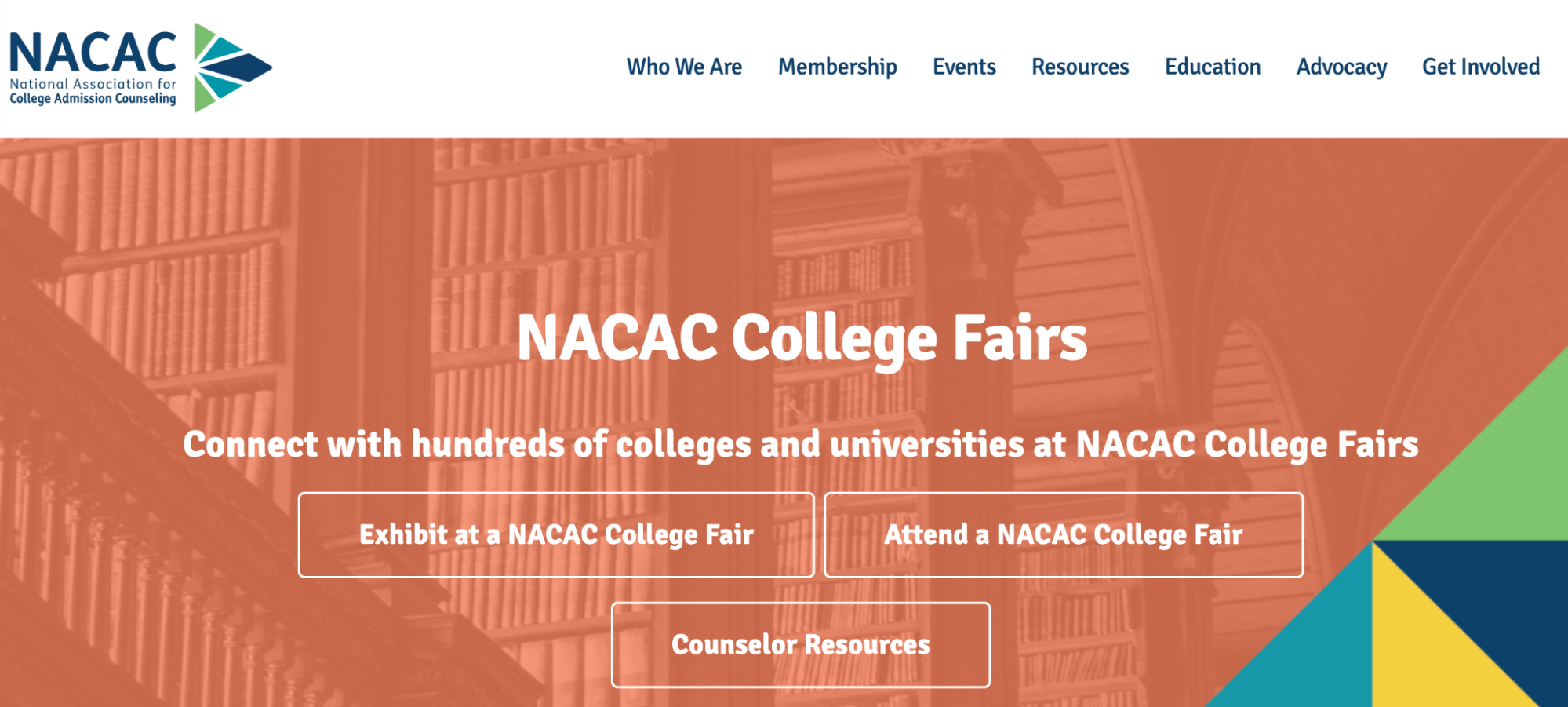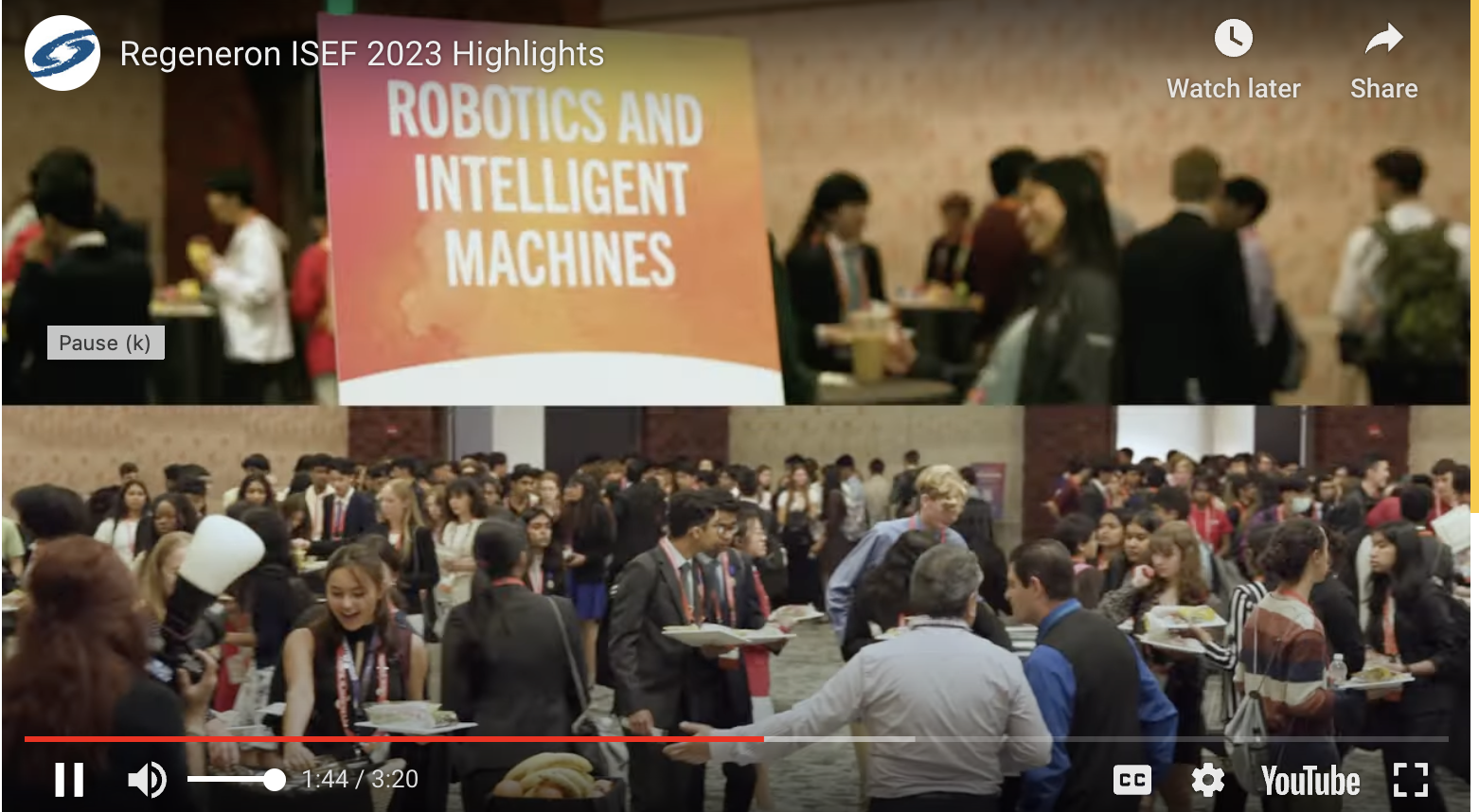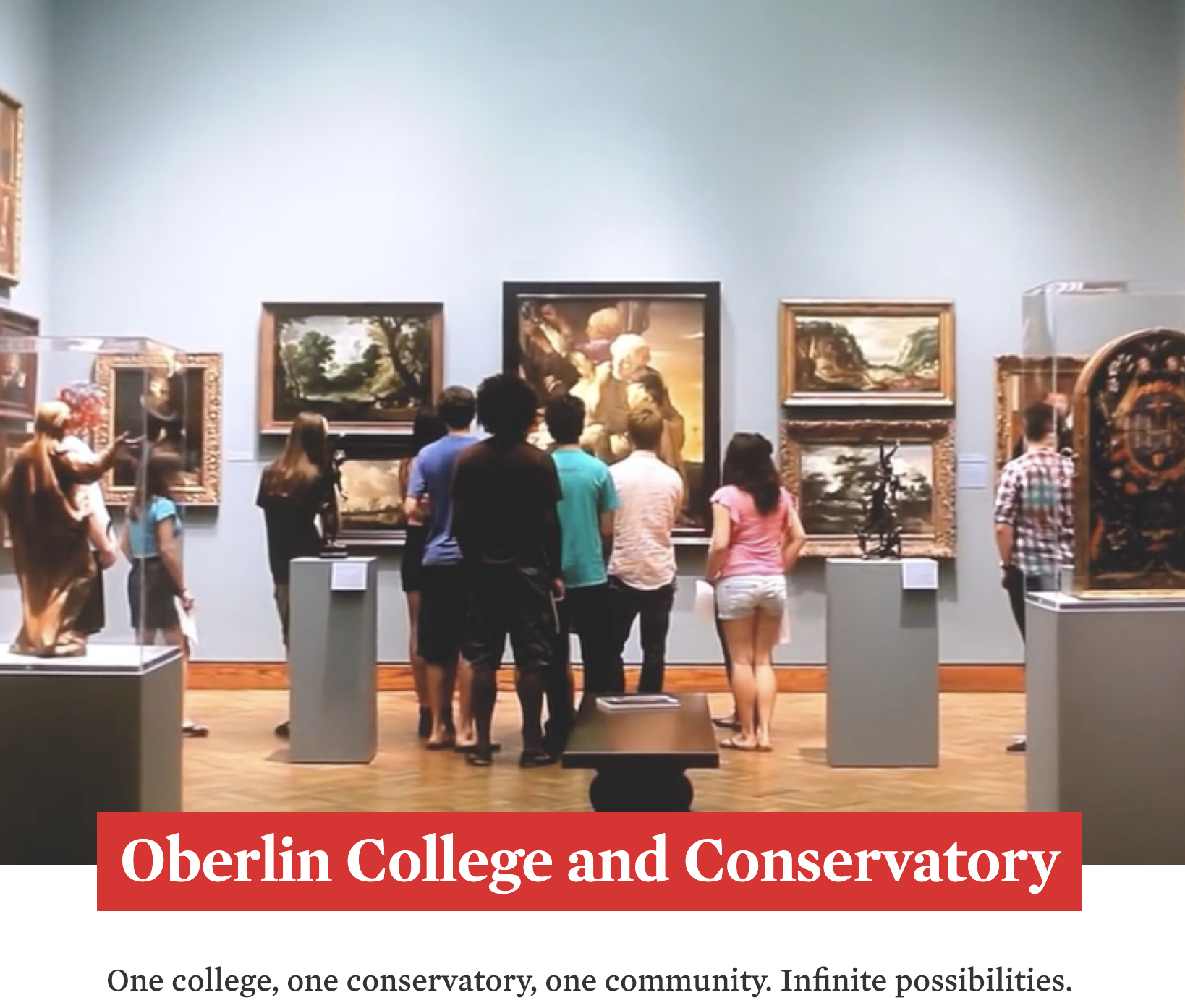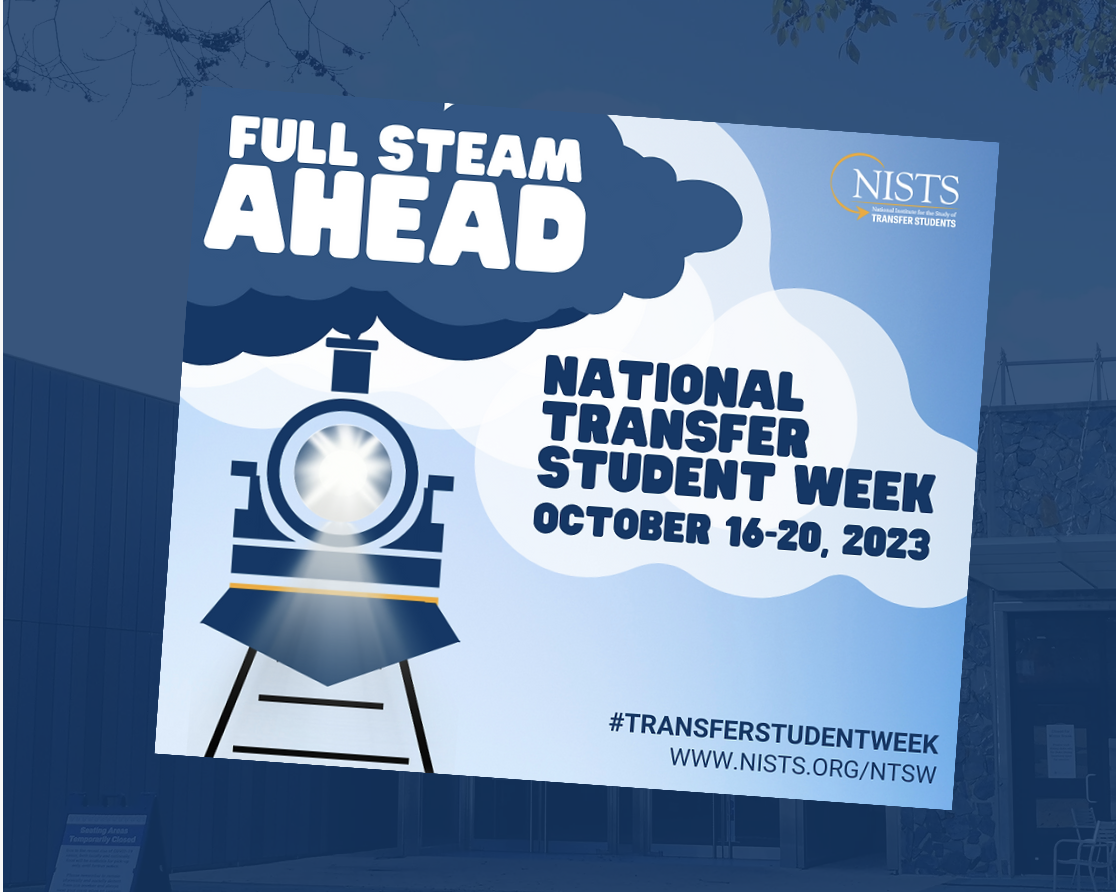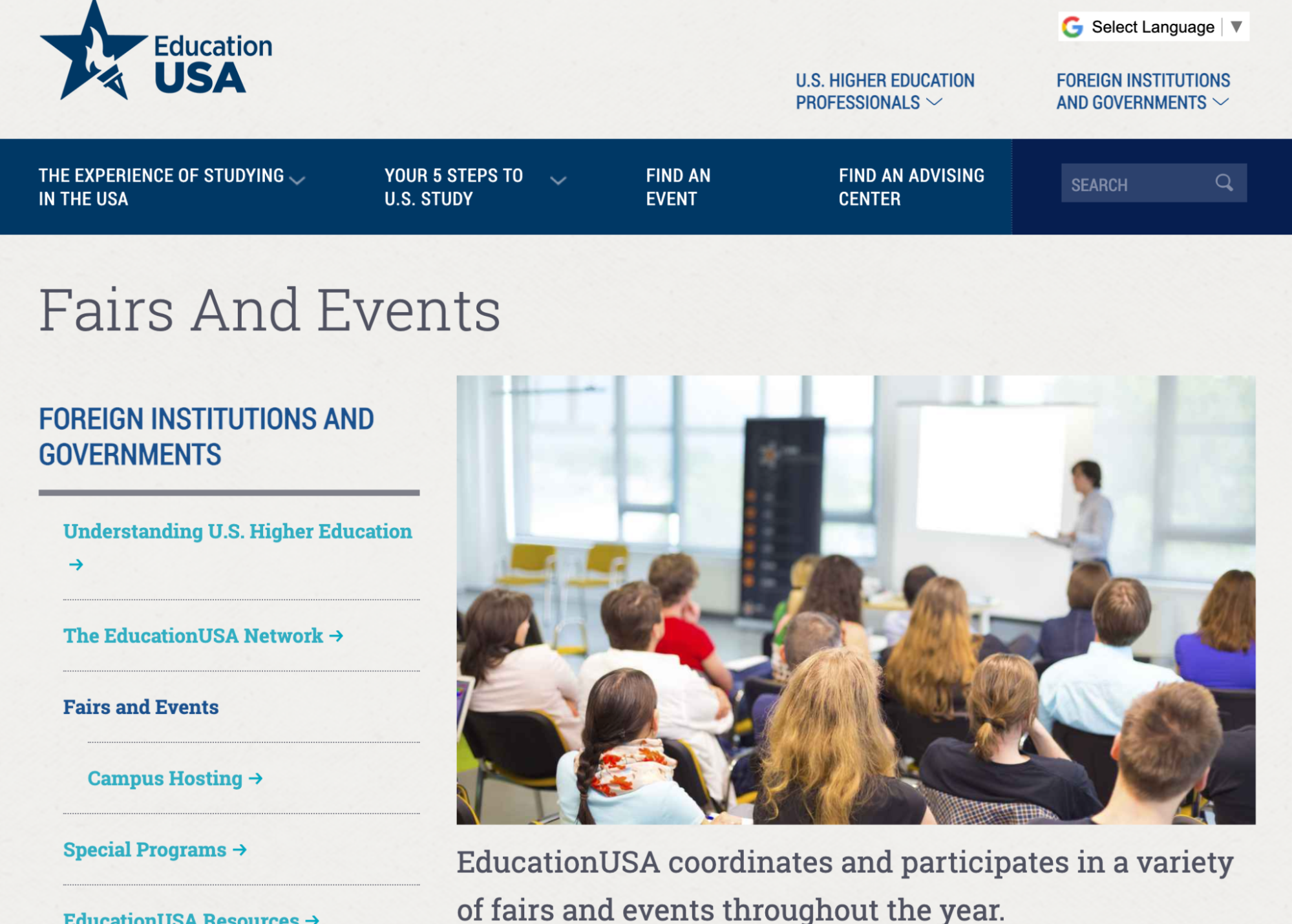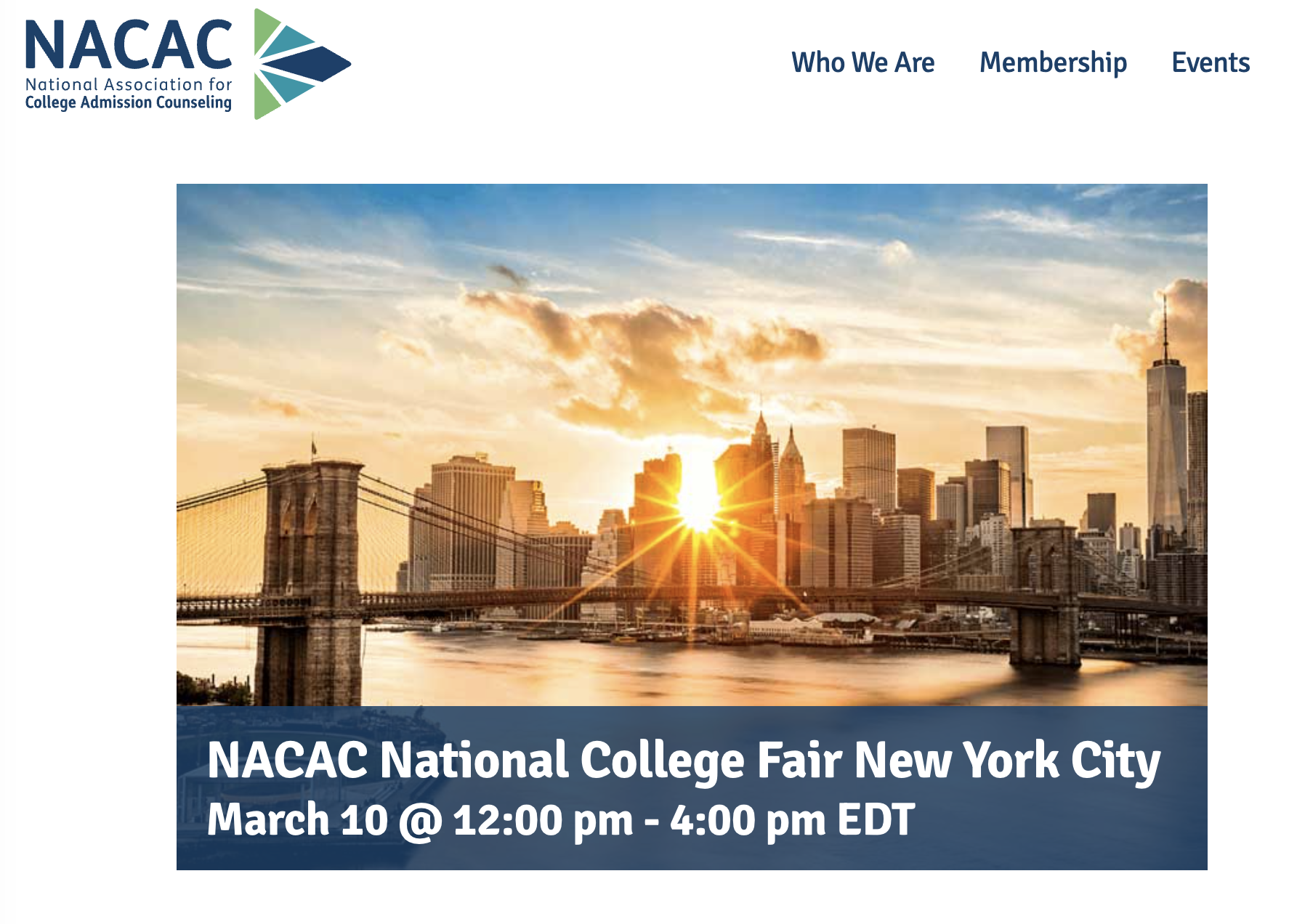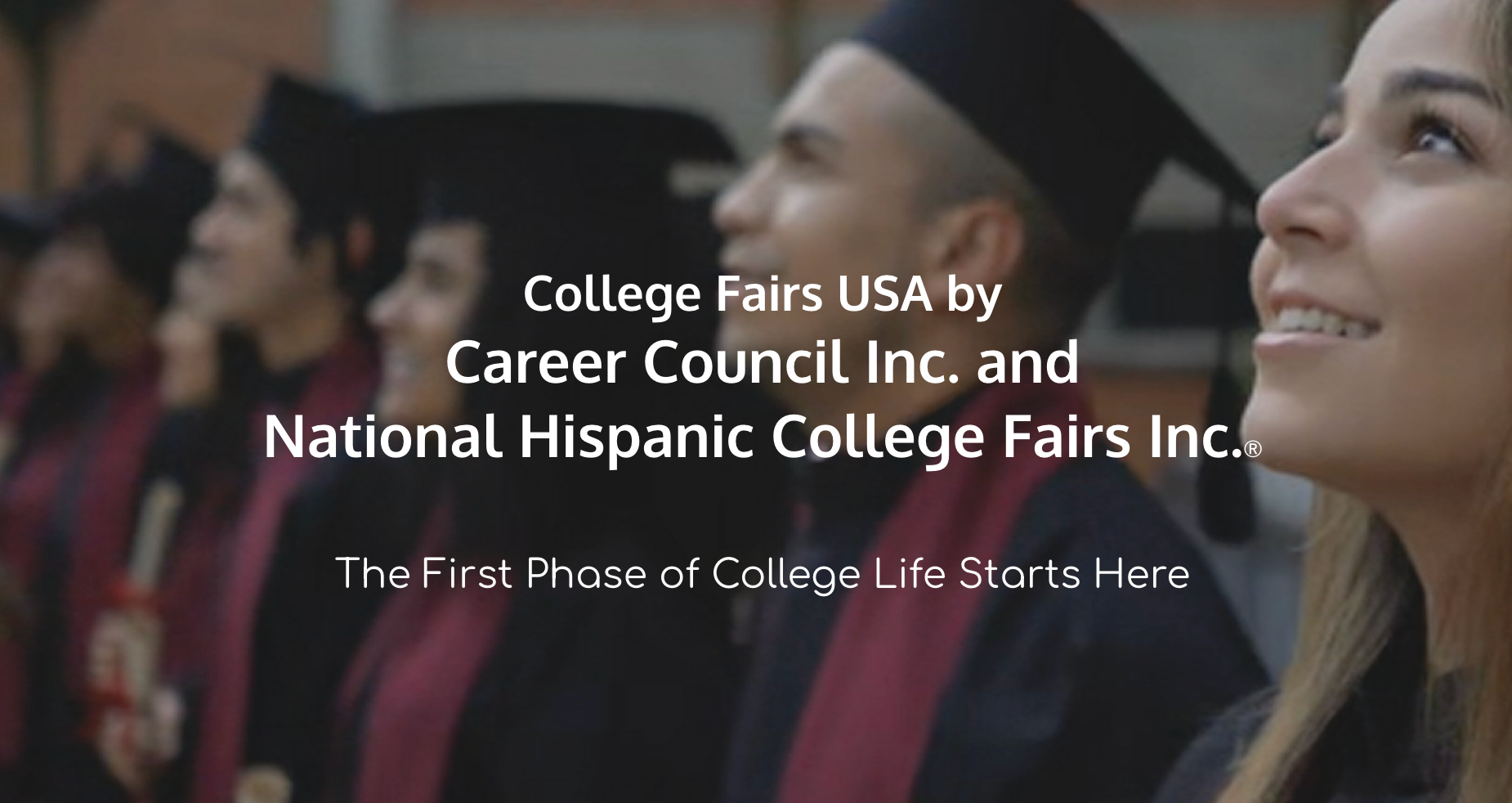Choosing a college or university can be a difficult choice for young adults ready to embark on their higher education journey.
College fairs, a longtime staple in the world of higher education marketing, help students (and their parents) make informed choices about which higher education institution is the right fit for them.
At these events, admissions officers from various regional and country-wide colleges and universities exhibit—like in a typical business convention—to answer questions and meet with students and parents.
As such, they’re a unique opportunity for your college or university to make an impact and reach prospective students in a very personal way.
There are lots of different college fair formats worldwide, including in-person events held at high schools or large venues as well as virtual fairs—but also different types of fairs that will attract different kinds of students.
So how can you stand out and maximize your digital marketing strategies for these events so you can best connect with your target market?
Read on to see some strategic approaches and best practices.
Adapting your marketing to various types of college fairs
Every college fair caters to specific interests and demographics, so you have to adjust your marketing strategies accordingly. Here are some ideas. unique opportunities for digital marketing.
1. National college fairs
The National Association for College Admission Counseling (NACAC) organizes large-scale events—the NACAC National College Fairs— with hundreds of colleges and universities across the US.
Marketing tip: Leverage your social media and online advertising to promote the event weeks in advance. If you have a virtual booth, produce engaging multimedia and interactive content.
2. STEM college (and career) fairs
Video of Regeneron’s STEM College & Career Fair
Universities with strong programs in science, technology, engineering, and mathematics can attend STEM fairs, which are often organized by educational organizations or local school districts. - Targeted Online Advertising: Use targeted digital ads to reach audiences interested in STEM fields.
Marketing tip: Create fun interactive content, like workshops or virtual labs, and bring in academic experts to show students how to forge a career in these fields.
3. HBCU college fairs
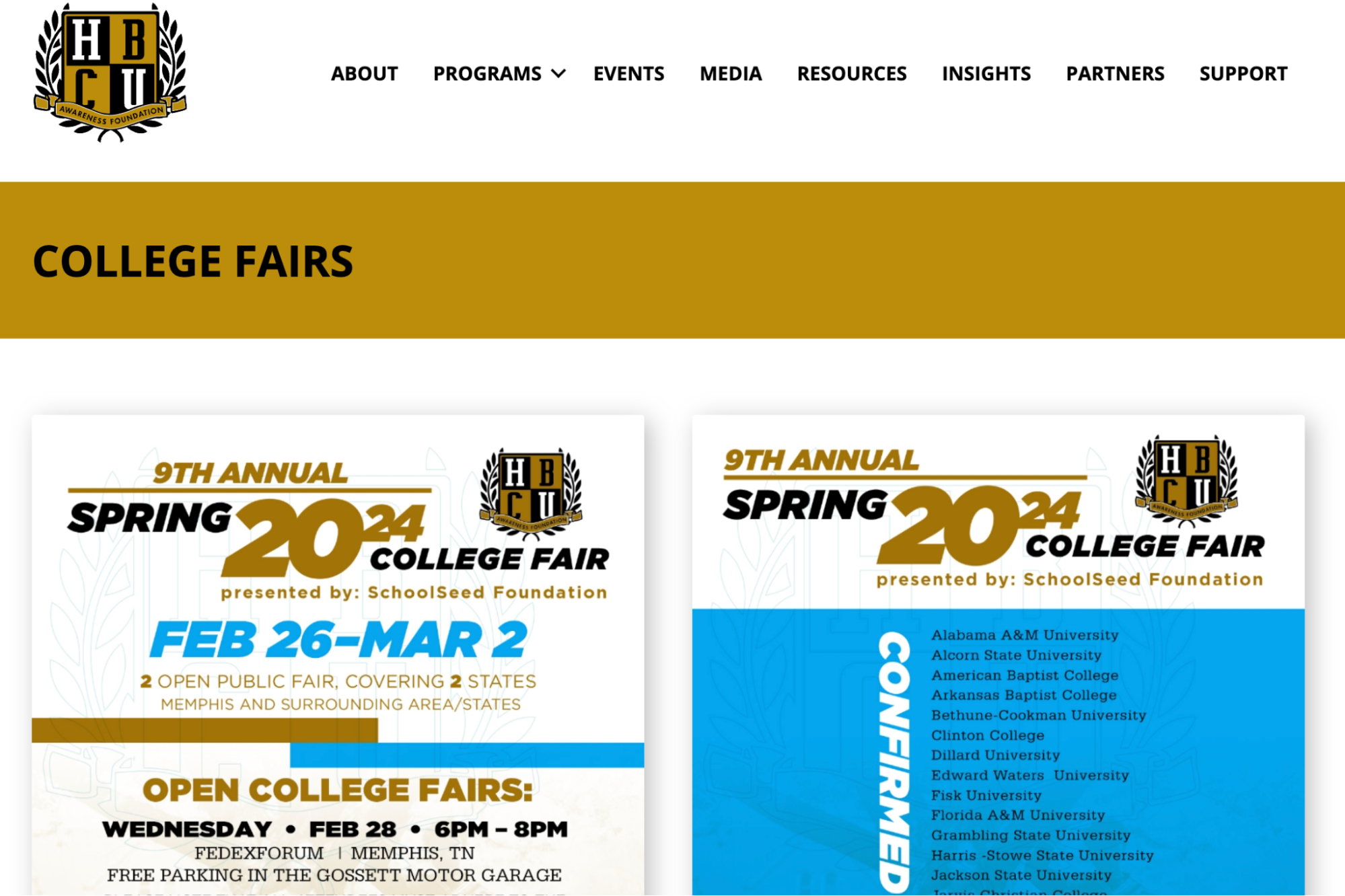
College Fairs page on the HBCU website
Historically Black Colleges and Universities (HBCU) fairs are a platform for students to pursue higher education within the HBCU community.
Marketing tip: Showcase your university or college’s commitment to diversity and inclusion with digital content and social media campaigns, and use influencers and alumni from the HBCU community.
4. Performing/visual arts college fairs
Oberlin Performing Arts organizes its own College Fair with other institutions
Performing and visual arts college fairs are usually regional and focus on students interested in music, dance, theater, fine arts, and related fields.
Marketing tip: Use creative visuals on social media platforms that support this type of media (e.g. Instagram and Pinterest) to showcase your arts programs and personal stories from students and alumni from your school.
5. Transfer fairs
Last year’s theme for National Transfer Student Week
Transfer fairs are a second chance to recruit those students who didn’t choose or weren't chosen for your college or university the first time.
Marketing tip: Host virtual sessions with (or bring in-person) staff who can answer questions about credit transfer processes and support for transfer students, and use personalized email campaigns to follow up with interested students.
6. International college fairs
Education USA promotes US higher education institutions to international students
International college fairs try to attract students from around the world and showcase opportunities for studying abroad.
Marketing tip: Create content to promote the event and your school in multiple languages, and make sure you have the right people at the fair, ideally some who speak multiple languages.
7. Local or regional college fairs
New York City National College Fair is promoted by NACAC
There are plenty of regional and state-specific college fairs for community colleges, state universities, and private colleges to reach out to their immediate communities.
Marketing tip: Optimize your digital content with local SEO for search, and consider geo-targeted social media and community advertising, which can work really well for these audiences.
8. Specialized career fairs
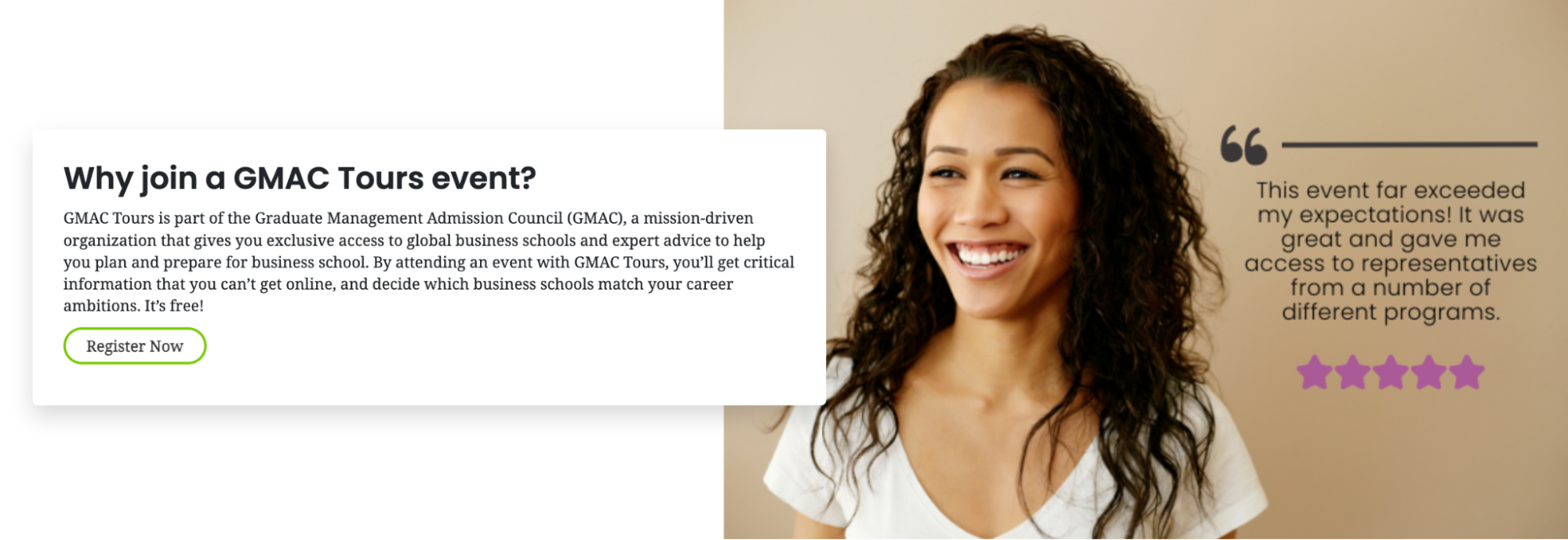 GMAC Tours' event for business schools
GMAC Tours' event for business schools
Some colleges and universities prefer to invest in specialized college fairs that focus on specific career paths, for example, business or healthcare.
Marketing tip: For these fairs, why not host webinars with successful alumni, featuring a ‘day in the life’, or use LinkedIn advertising to reach ambitious students (or their parents!).
9. Virtual and online college fairs
CollegeFairsUSA offer virtual fairs and have their own smartphone app
Over the last few years, there have been more and more virtual and online college fairs.
Marketing tip: Use social media, and host live chat and FAQ sessions and virtual campus tours at your virtual booth. Make sure you have strong CTAs and easily downloadable digital assets.
Top tips to stand out at college fairs
Not sure where to start with digital marketing for college fairs? Follow these tips!
1. Strategic displays: Create visually appealing booth displays—aligned with your brand—with clear signage and videos or audio to capture attention. You can also add touchscreens, VR experiences (that students will love), and other interactive elements to create a memorable experience.
2. The right fit: Make sure you have warm, knowledgeable, and friendly people at the fair who can answer questions about admissions, financial aid, campus life, and also academic programs.
3. Targeted marketing assets: Create customized brochures and flyers for that particular event, aimed at young students, perhaps adding QR codes so they can easily view this information on their phones.
4. Lead generation capture: Use sign-up sheets, QR codes, or other strategies to collect contact information for prospective students or their parents. You can then follow up on these leads with personalized emails and provide more information or invite them to virtual or campus tours.
5. Engaging activities: Why not create workshops or a live demonstration to showcase your university or college? You could invite representatives from academic programs or campus sports teams, and incorporate student testimonials and alumni success stories.
6. Go social: Use social media to create a buzz before the event; you could encourage current students and alumni to share stories using an event-specific hashtag, or even host live Q&A sessions or campus tours.
7. Measure success: How do you know if your attendance at the event was worth it? Use data analytics for booth engagement, attendee interactions, and lead generation, and use this to adjust future marketing strategies for fairs.
Are you attending any college fairs this year? We'd love to hear about your experience.
Let us know about it in the comments below or on social media.

:format()//media/university-and-college-fairs-marketing--RQ.png)
